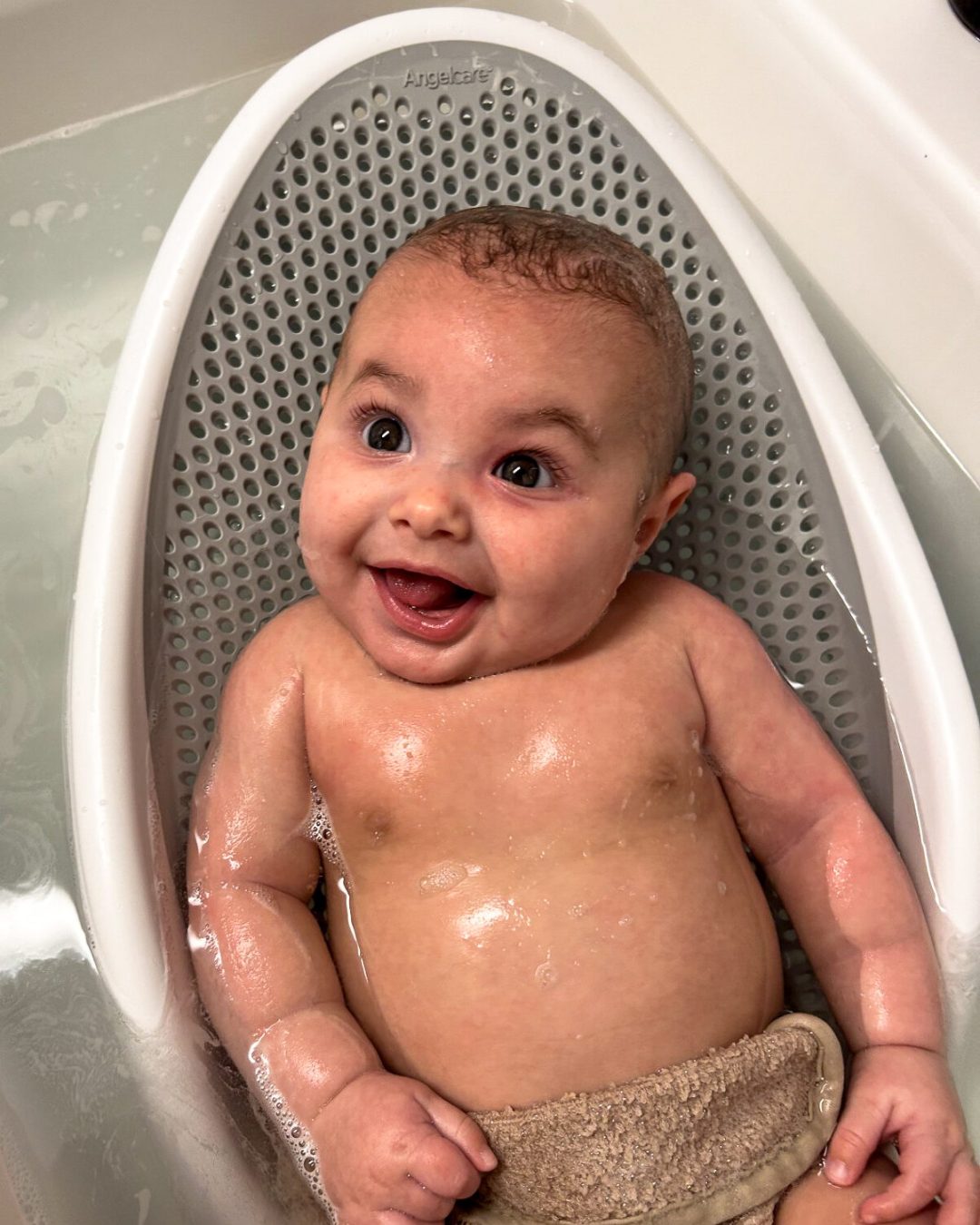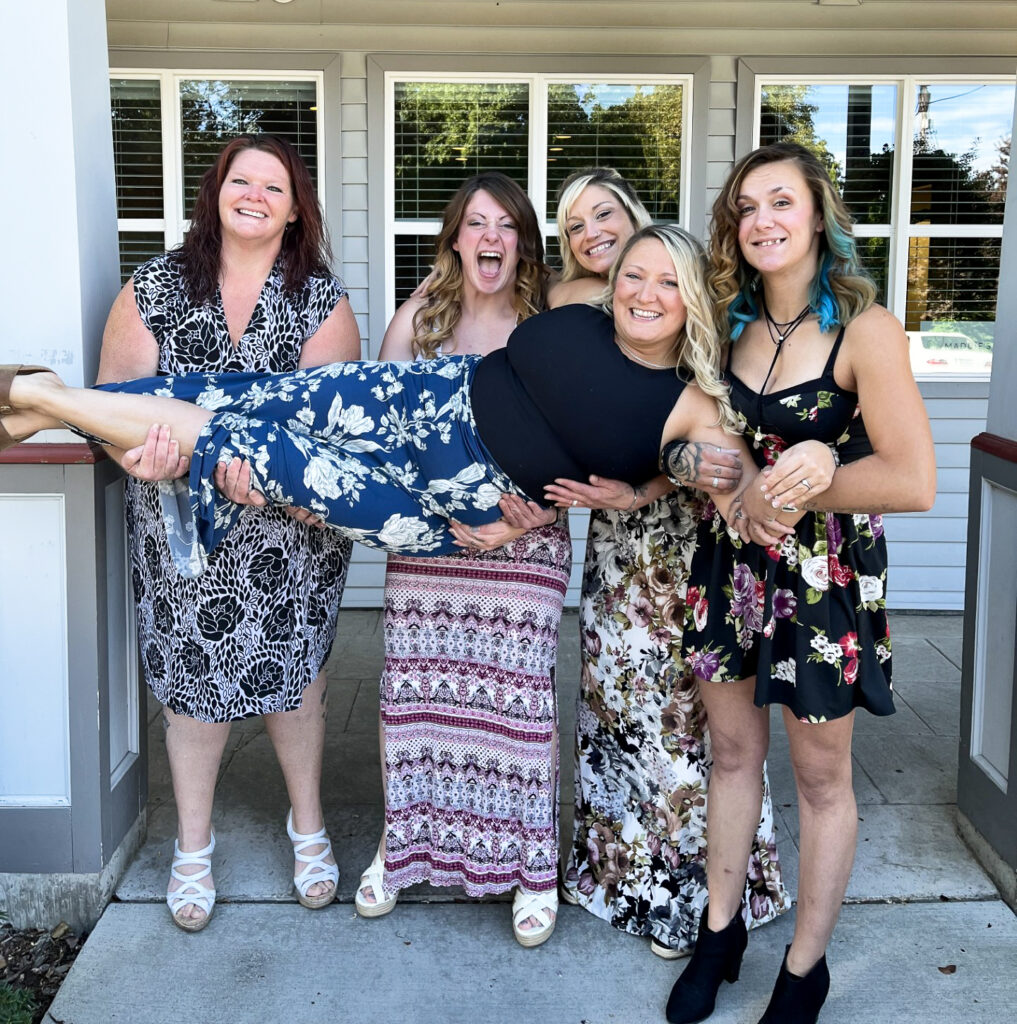It’s been just over two years since Maddie’s Place first opened its doors. When we came into existence, public knowledge regarding Neonatal Abstinence Syndrome (NAS) and its effects on infants and families was slim to none. Since then, our organization has sought to increase awareness and continue providing nurturing care to infants affected. Because we operate in such a distinct niche, there can be many questions or assumptions as to how we care for families impacted by NAS.
So, keep reading! Below you will find how we address some common Maddie’s Place myths.
Myth #1 – We are an adoption agency.
In our line of work, this is a common misconception that may have stemmed from our involvement with the Department of Children, Youth, and Families (DCYF) amidst other factors. However, we do not manage or arrange any sort of adoption services. Infants without a parent will have already had a case open with DCYF. While the baby recovers, Maddie’s Place acts as a temporary placement option. Meanwhile, DCYF will look for a suitable home for them post discharge and facilitate all adoption inquiries.
Myth #2 – All babies need the same techniques and level of care as substance-exposed infants do.
If you are a parent, you may have noticed some similarities between the Maddie’s Place method of care and the care of your non-exposed infant. This is not surprising. There is bound to be an overlap in caring for infants, regardless of their health history.
And while some of our care techniques can be considered common practice, every method we utilize is specifically geared towards an infant withdrawing from substances.
Infants with NAS can enter the world with varying levels of withdrawal that can cause severe dysregulation detrimental to their development. So, because they can be sensitive to touch, we hold them in a comforting, deep pressure hold. Because light and sound can overstimulate them, we keep the lights dim and our voices hushed. Because diaper changes can startle them into a panic, we swaddle their arms. Because their suck, swallow, breathe reflex can be in disarray, we utilize pace feeding techniques.

Non-exposed infants can tolerate light and sound and touch. It does not send their bodies into a panic. Non-exposed infants are born with their suck, swallow, breathe reflex functioning adequately. They require less intervention. So, while there is no harm in utilizing some of the same care techniques that we use at Maddie’s Place, the reason we put them into practice is to meet the extra needs of an infant exposed to substances.
Myth #3 – Only infants with illegal substance exposure receive care at Maddie’s Place.
While many of the babies we care for have been exposed to street drugs, some babies have been exposed to prescription medication, such as methadone or suboxone. These are synthetic opioids prescribed by doctors to help relieve withdrawal symptoms and reduce cravings for opioids. Either substance can cause withdrawal symptoms in infants, thus requiring our services.
That being said, parental services at Maddie’s Place are not confined to those actively struggling with addiction. We also have the privilege of welcoming parents already in recovery and offering them the same support and resources.
Regardless of a parent’s life and background, we seek to provide consistent, wraparound, non-judgmental care to every family. And we have found that when parents really embrace this peer support and our growing recovery family, hope for a healthy future blossoms.

Myth #4 – Maddie’s Place is just another treatment facility.
It’s easy for new viewers or followers to mistake us for a treatment facility. We offer a large array of services and support for our parents in recovery. And while treatment is an important resource in the community, it is not synonymous with Maddie’s Place.
We offer medical care in a nurturing environment for substance-exposed newborns all while providing wraparound support for their caregivers. Staffed with six infant care specialists and one registered nurse per shift, we implement intentional, holistic care practices to best help an infant through their withdrawals.
If a parent wishes to be involved in their infant’s life and desires to leave their active substance use behind, Maddie’s Place will first connect them with a detox center and then help them receive an assessment. Their assessment results will either recommend them to a treatment center, clear them for Maddie’s Place, or something in between.
While we are not a treatment center, we have a Family Advocacy Team intentionally positioned to assist parents in their recovery journey. Not only do they provide invaluable peer support, but they also ensure that parents are prepared on all fronts for their transition back into the world with their baby.
At Maddie’s Place, parents do not have to choose between their recovery and bonding with their child– they can participate in both!
That’s all for part one of Myth Busting at Maddie’s Place. If you have any questions or suggestions for part two, don’t hesitate to reach out through the email below.
Questions? Suggestions? Email me at emma.jones@maddiesplace.org
This blog was posted on January 24, 2025.
